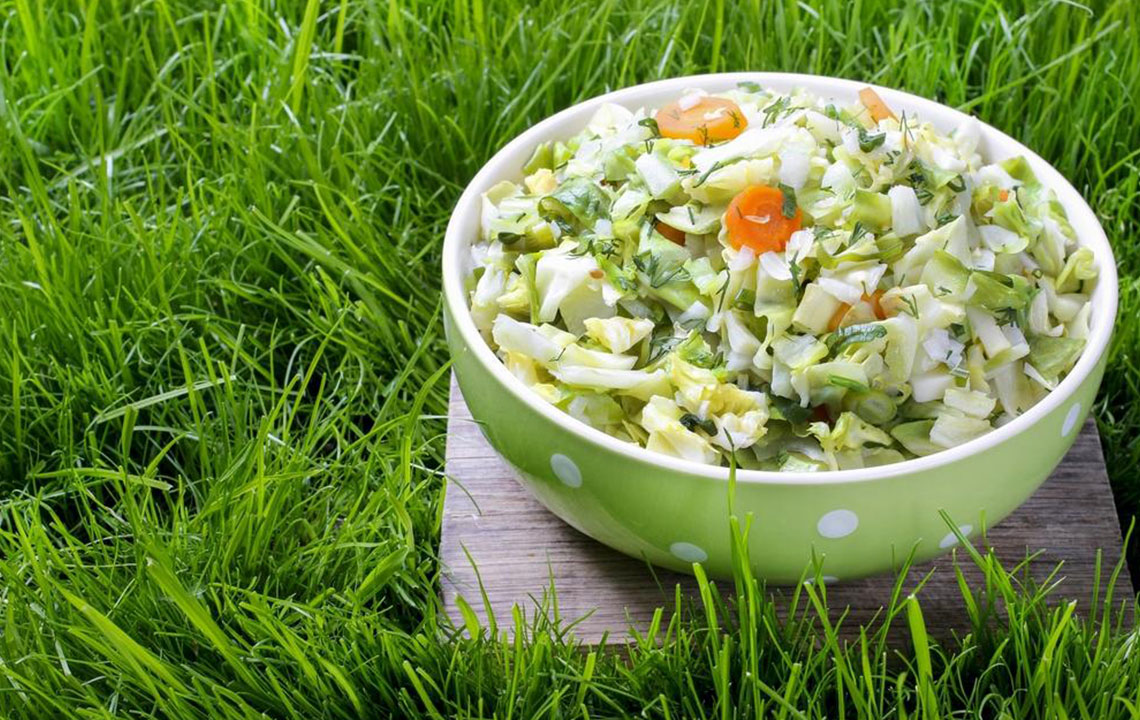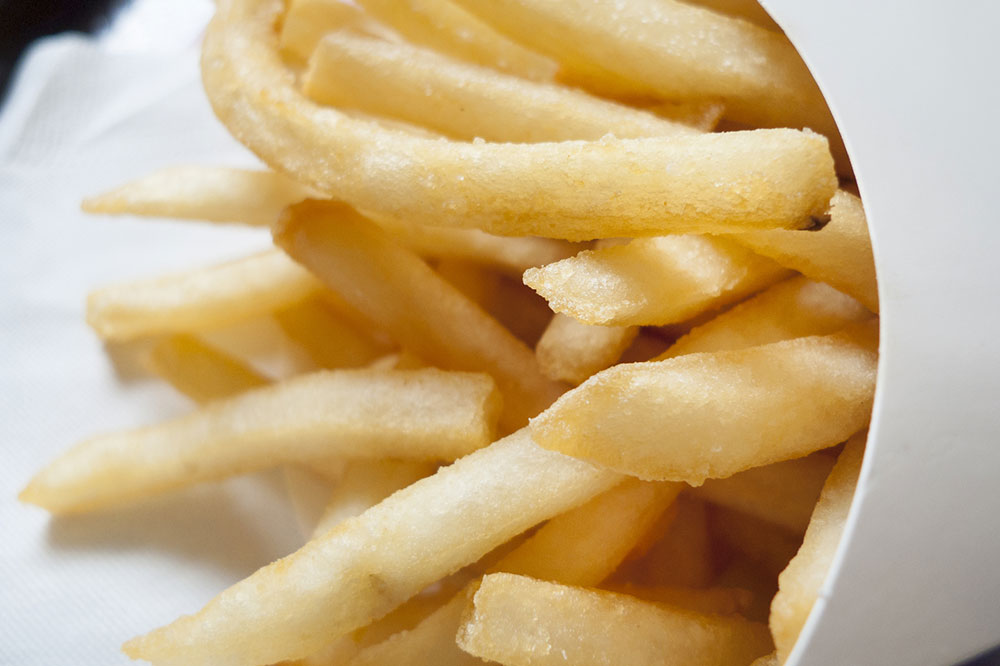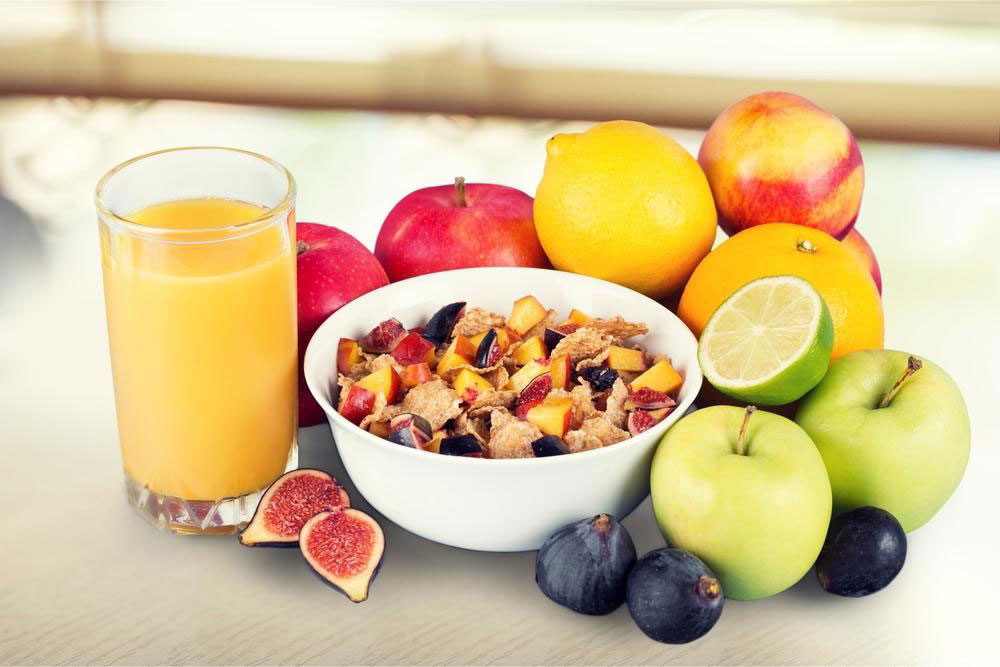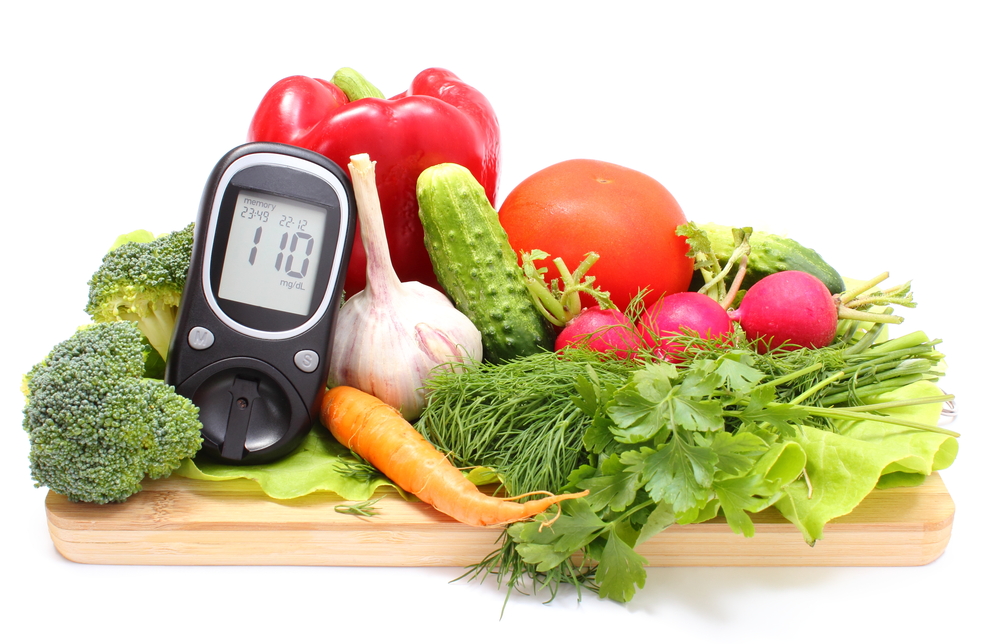Essential Dietary Guidelines for Managing Diabetes: Foods to Eat and Avoid
This article offers crucial dietary tips for managing diabetes effectively. It highlights key foods to include, such as fatty fish, leafy greens, and olive oil, while warning against refined grains and sugary products. Proper diet planning, guided by healthcare professionals, is essential for controlling blood sugar and preventing complications like heart disease. The guide emphasizes personalized nutrition strategies and the importance of consulting with a specialist to develop an effective meal plan for diabetes management.

Proper nutrition plays a vital role in controlling diabetes and preventing complications. A balanced diet rich in essential nutrients helps regulate blood sugar levels, reduces inflammation, and lowers the risk of heart disease associated with diabetes. Consulting with healthcare professionals is recommended to tailor an individual meal plan that meets specific needs.
Incorporate these foods into your diabetic diet:
Fatty Fish: Rich in omega-3 fatty acids like DHA and EPA, fishes such as salmon, mackerel, and anchovies can decrease inflammation and reduce stroke risk.
Green Leafy Vegetables: Low-calorie and nutrient-dense, they support overall health and combat inflammation.
Cinnamon: This spice contains antioxidants and helps improve insulin sensitivity and lower blood sugar.
Greek Yogurt: Contains probiotics, calcium, and healthy fats that aid blood sugar regulation and cardiovascular health.
Nuts: Consuming nuts helps control blood sugar and reduce inflammation.
Extra-Virgin Olive Oil: Its oleic acid reduces triglycerides, lowering heart disease risk.
Foods to avoid for better diabetes management:
Refined Grains: Quickly spike blood sugar levels and should be minimized.
Dairy High in Fat: Limit consumption of whole milk, full-fat cheese, sour cream, and yogurt.
High-Sugar Carbohydrates: Sweets, candies, and low-quality carbs can cause sharp blood sugar rises.
Sweetened Fruits and Processed Foods: Jellies, jams, fruit juices, and pickles should be replaced with fresh fruits.
Effective diet management is essential in maintaining healthy blood sugar levels. Consulting a dietitian or diabetes specialist can help design an appropriate meal plan tailored to individual needs.
Disclaimer: This article provides general information on diabetic nutrition. Always seek professional medical advice for personal dietary planning. The information shared does not replace personalized healthcare or reflect all available options.










